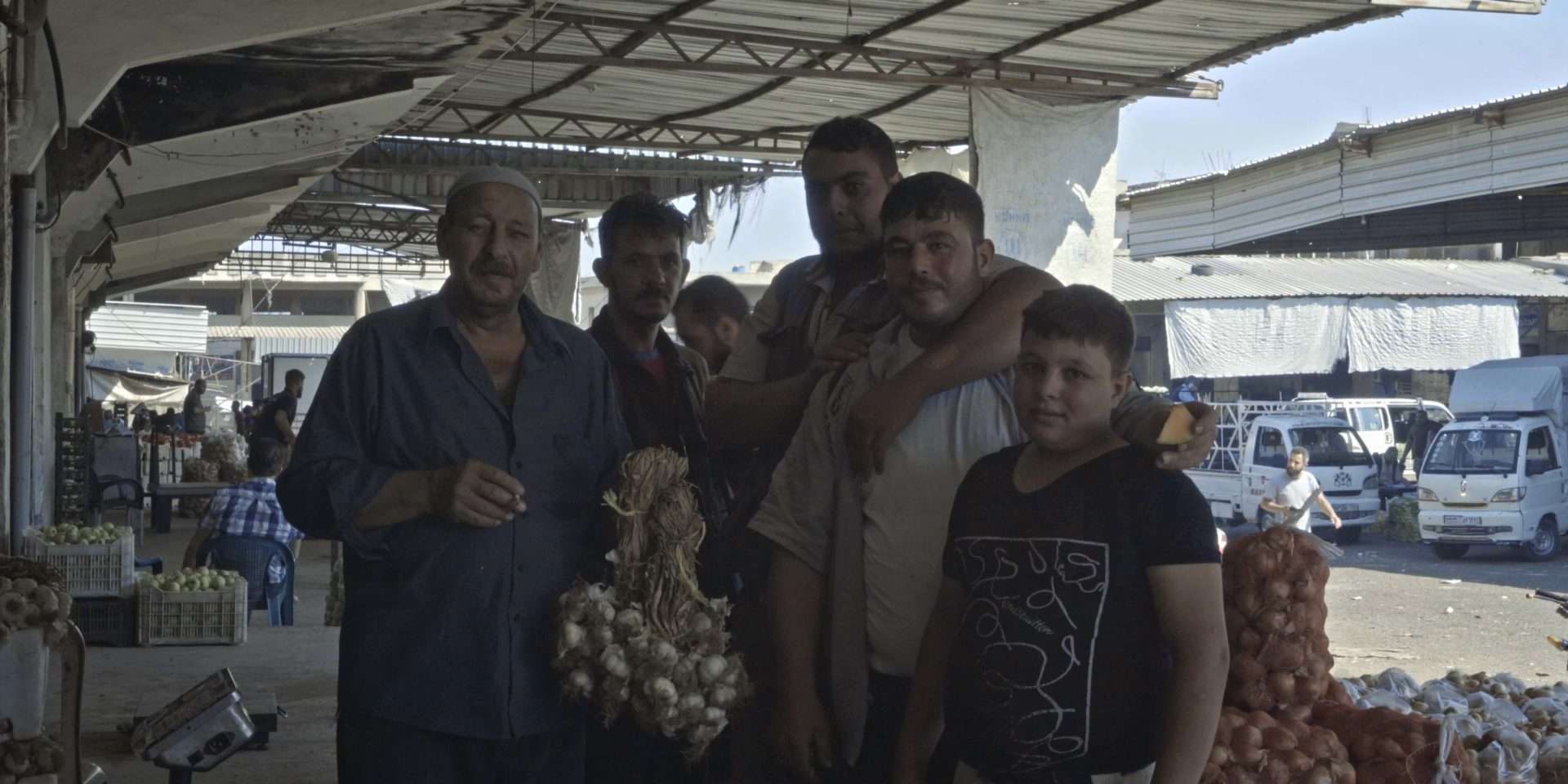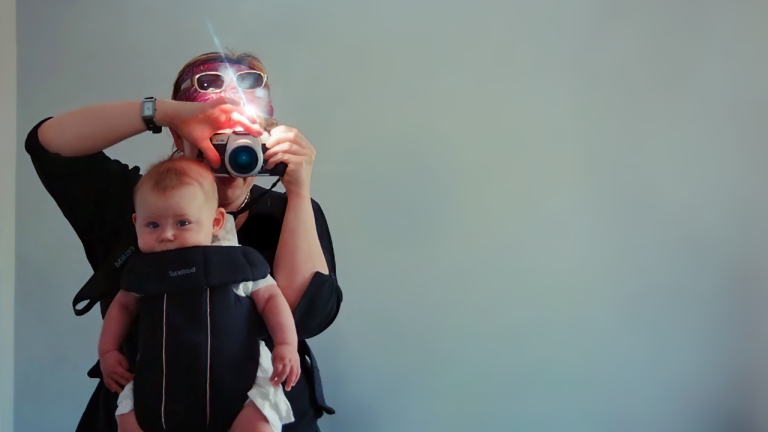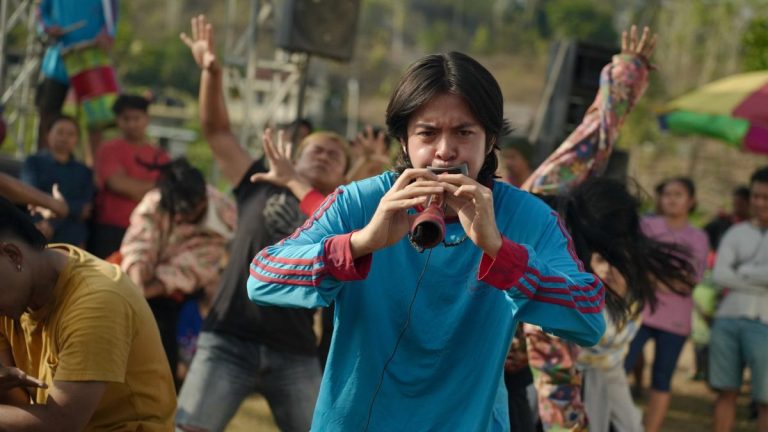A deep-sunk trauma hangs over Anas Zawahri’s documentary, “My Memory is Full of Ghosts.” The shadow of the Syrian civil war, which locked the city of Homs in a deadly siege between 2011 and 2014, is long and inescapable, bursting to the fore through the several anecdotes and recollections the film focuses on. These are harrowing and unforgiving memories the people burrow through. Every single one of them is still grappling with the severe effects of nightmarish situations they’d been hurled into. Loss and longing are fused into a peculiar, emotionally ambivalent mix, going back and forth between the hurt the city has inflicted and the strong pull towards it.
The film takes us through the testimonies of various residents of Homs. All their lives have been pushed into disarray yet beneath all the muddle of resentment towards the city that has taken so much from them, there still are traces of yearning and a desperate, needy attachment. Living in Homs has sapped their lives of all joy and that which is necessary to keep us marching from one day to the next. How do they negotiate their relationship with such a place, a home that has been deeply fraught, destabilizing, and utterly shattering? Zawahri weaves a mosaic of lives that register through voiceovers.
Individuals who share their tragedies don’t directly relate them to the camera, but as they move about spaces, their stories waft up. What they recount spans varying degrees of gut-wrenching and irrecoverable; nevertheless, they cannot quite brush off the ties to Homs. Mothers have lost their kids. A woman recalls the murder of her mother by a bunch of thieving teenagers who’d barged into their house. Brothers and sons have been made to disappear under false charges. Another woman articulates her rage at being forced into a crippling ethical dilemma over her father’s death. Should she pursue justice despite knowing the attackers have the upper hand or just accept the offered resettlement money, which she badly needs?
The people talk of Homs as pushing them to their very limits, a place they can’t stand staying in anymore yet feel an intense swathe of love for it. The film consistently weighs this tussle in the people between being drawn to the city and rejecting it for all the horrors it has inundated their lives with. One of the people describes the relationship as a ‘one-sided love.’ But she also acknowledges the city has endured an extraordinary enormity of violent chaos to even have any residues of warmth and tenderness to give back to its residents. How long can a place keep standing after being battered to the degree Homs has been? When it has been subjected to a barrage of brutality, how can the home still retain its connection to the individual?

In the wake of the siege, the city is spattered in ruins and debris. Mangled, blasted buildings bear the marks of the past. Scores of lives were lost, desperate people had killed each other, and families were ripped apart. Sadness leaks through whatever remains of the wrecked city. The camera traverses the breadth of the city, letting people talk while hinting at the possible, fruitful regenerative growth contained in the youths who are staying back and working. Rhythms of everyday life are established, alluding to fresh efforts made by residents to put their tattered lives back in some semblance of normality.
There’s a beautiful moment when the film settles for a brief while and hangs with a group as they pose for the camera. Some of them get all self-conscious, others supremely confident, and eventually, laughter erupts. The grimness that was congealing by dint of the miserable stories lifts with this wonderfully judged scene. It speaks to Zawahri’s skill and sensitivity in setting the emotional density of his film so that the accruing narratives sharply come through as well as have intermittent pockets of release when we can process and breathe.
Surrounded by abject physical reminders of their loss amidst so much dereliction, how do people find in themselves to renew hope and will to keep on living? One of the interviewees despairs that the city seems reluctant to change. She wonders what she can show a newcomer about the city when it has nothing to offer. Yet the people reaffirm an obligation to stay and work in some way or the other in reconstructing the city, instead of abandoning it to its carcasses.
On both a collective and individual level, there is a recognition of this need. But Zawahri also makes room for voices that assert their utter discontent with the city where they would return only when they please. When a blind person’s perspective sneaks in, the film’s expansive spirit is positively illuminating amidst the resounding bleakness. The pathos in “My Memory Is Full of Ghosts” is laden with difference and specificity; Zawahri knows how to delicately honor each perspective, varied yet congruent.



![Phantom Thread [2017]: A Perverse Fever Dream of Love](https://79468c92.delivery.rocketcdn.me/wp-content/uploads/2018/02/Phantom-Thread-768x462.jpg)



